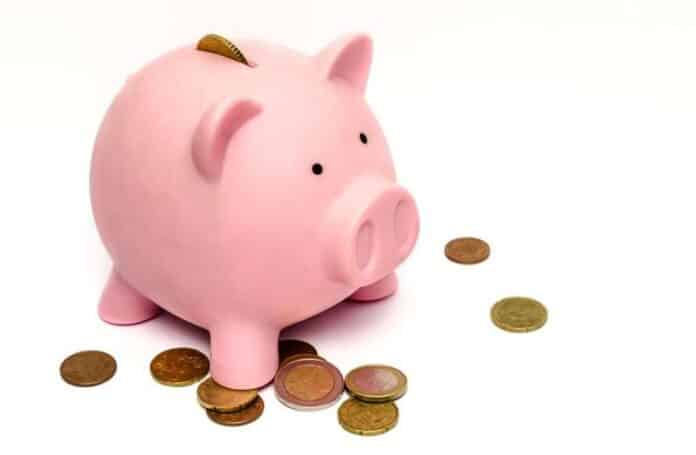
You’re happily motoring along the road of life when suddenly you hit a speedbump. You could chip a tooth or blow a tire, and you have to use your emergency fund to cover the repairs.
Unexpected car trouble or dental surgery can happen out of the blue, which is exactly why you have savings. They help you cover essential and expensive bills that you didn’t foresee in your budget.
That’s the good news. The bad news is you have to build them back up again after you use them.
What if You Hit Another Speed Bump Before You Rebuild?
First of all, don’t panic. It’s easy to catastrophize if your water heater bursts or your air conditioner breaks down before you build up enough savings.
Between an empty emergency fund and a bad credit score, you might mistakenly believe you’re stuck using payday cash advances.
While a payday loan is convenient when you need extra cash until your next paycheck, it’s not the only way to cover an unexpected expense. If paying a loan back by your next payday would be difficult, consider looking up installment loans.
Online installment loans are payday loans alternatives that may be available, even if you have bad credit. They come with longer terms, breaking up your loan over multiple repayments spread out over time. This schedule may be easier on your budget as you won’t have to pay back what you owe in one lump sum.
Your Budget Helps You Get Back on Track
Saving anything is challenging if you don’t know where your money goes each month. So tabulate your cash flow. No spending is too small, so make sure you record everything.
Once you know how much you make and how much you spend, you can make these two important decisions:
- What spending you should keep (like housing costs, bills, and savings)
- What spending you should reduce or eliminate entirely to create savings
Be Critical of the Non-Essentials
Small, unnecessary spending can creep up on you. Between extra snacks in your grocery cart to a splurging on new sneakers for the spring, you can easily spend more than you realize on things you don’t need.
According to new research, the average American spends $1,497 on non-essential items each month. That’s a lot of potential savings you can reroute into your emergency fund.
What are the common culprits? Here are some things you should think twice about purchasing:
- Coffee, eating out, and drinking with friends — try making your own food and entertaining at home.
- Cable and multiple streaming subscriptions — cut the cord and strip down to one streaming service.
- Gym memberships and exercise classes — work out outdoors, walk, and take advantage of free exercise videos online.
Don’t Spread Yourself Too Thin
If you’re trying to rebuild savings and contributing to your retirement fund and putting away cash for a vacation and squirreling away money for your child’s education and… You see the problem, right?
If you’re struggling to pay back your savings, put the other unnecessary money goals on hold. You can reroute the savings for vacations, renovations, and other non-essential savings into your emergency fund.
Why You Should Rebuild Your Savings
An emergency fund plays a supportive role in your finances, giving you peace of mind in the face of uncertainty.
When it’s full, you can fall back on these savings to protect you against the unexpected. But it’s not much help if it’s empty.
If you’ve used up your savings, work on filling it back up. This fund will help you the next time you hit a speed bump.

